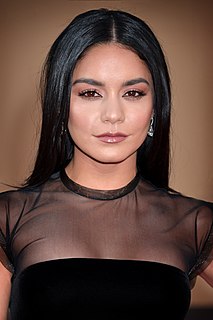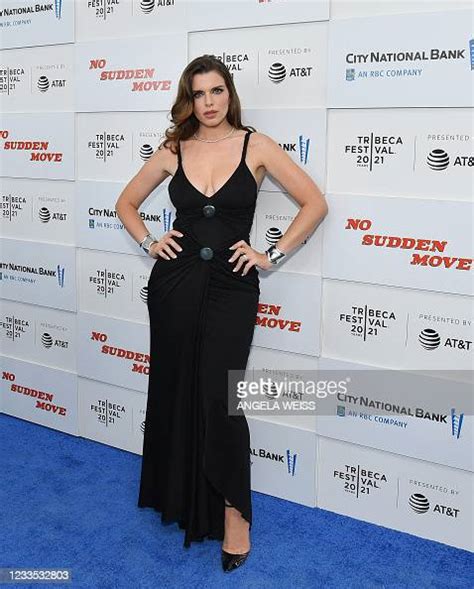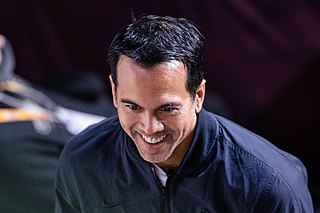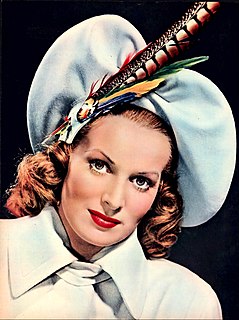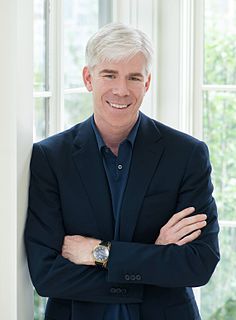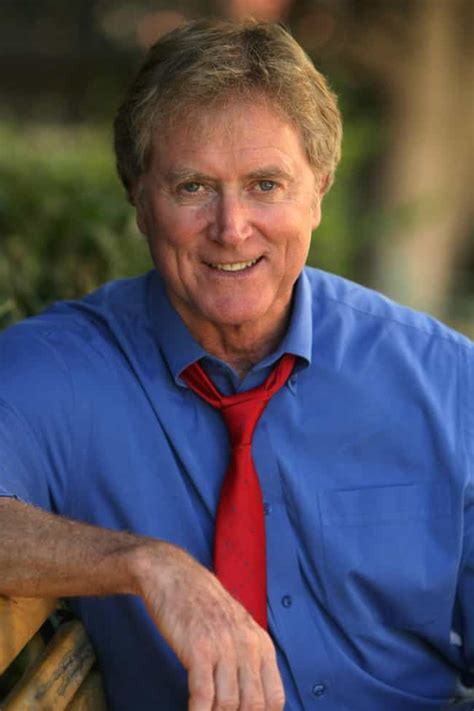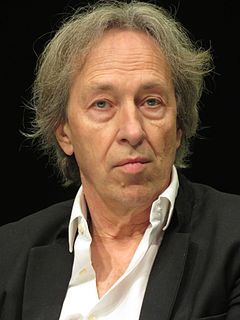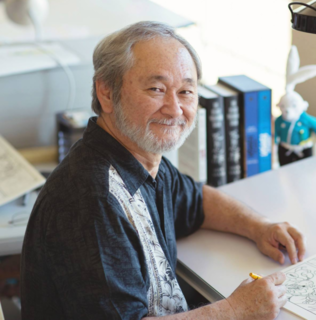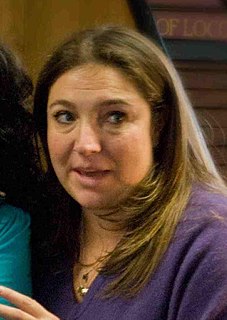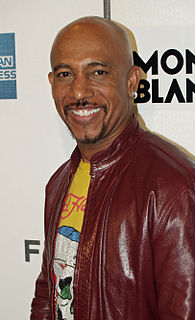A Quote by Vanessa Hudgens
I think it's really healing to see movies that are based on true stories. It builds so much more compassion and empathy.
Related Quotes
I think it's gonna take a sincere empathy and compassion for people of all races, to really reflect and process on the true history of the black community in this country. The history has been filled with incredible oppression and we really have to acknowledge that, to start to change the lens of how we see true equality.
I think we are affected so much by mythical stories and biblical stories, our society being based on the Bible - at least the old society is based on biblical terms and laws - that there's more of it in art than people realize. Sometimes it comes to the surface, but sometimes it's below the surface, but certainly, it does influence some of my movies.
The act of compassion begins with full attention, just as rapport does. You have to really see the person. If you see the person, then naturally, empathy arises. If you tune into the other person, you feel with them. If empathy arises, and if that person is in dire need, then empathic concern can come. You want to help them, and then that begins a compassionate act. So I'd say that compassion begins with attention.
Empathy provides more than just information about relationships. It is an expression of being in relationship. It is not just a means to better healing relationship, but because it recenters relationship as a central organizing feature of psychic life, empathy itself is healing. The experience of being known and accepted deeply by another, being aware of another being aware of you, what Jordan calls "mutual empathy".
I think that television lately has been extremely dark and, in some ways, cynical but I also think that people who are writing those shows probably feel exactly as I do - that sometimes the darkness of a story can highlight the light in a story. There's a lot of cynical stuff but I think it may be even more in movies now where you see so many movies about cynical and corrupted characters. That's the state of many movies right now but movies, television, all of culture, there's always going to be a battle between the stories that are cynical and stories that are hopeful.
The healing that can grow out of the simple act of telling our stories is often quite remarkable. Even more remarkably, this healing is not just our own healing, it is the healing of all women. That's why, as we tell our stories to ourselves, it is also important to share them with others. This sharing brings a sense of kinship, of sisterhood. We understand that we are not alone in our efforts to become conscious, whole, healthy persons.
